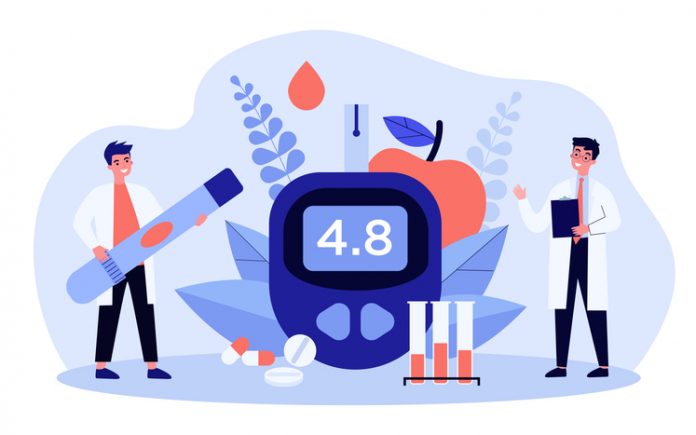New Treatments that reprogram the immune system could work as an early intervention for children at high risk of developing type 1 diabetes (T1D), one of the most serious and common chronic diseases of childhood.
Dr Claire Jessup from Flinders Health and Medical Research Institute (FHMRI) in the College of Medicine and Public Health has been awarded a two-year Tim Welborn Early Mid-career Research Fellowship from Juvenile Diabetes Research Foundation (JDRF) Australia to explore an innovative approach that dampens down autoimmune responses to, and prevent the progression of, T1D.
It is hoped that in the future this approach could be used to treat young people prior to the onset of T1D to reprogram their immune response, says Dr Jessup, who will now be based in Flinders’ new Health and Medical Research Building officially opened last week.
“We are seeing improved screening for T1D in at-risk children, which offers us a window of opportunity to target the disease early on but there are no preventative treatments currently available,” says Dr Jessup.
“T1D typically requires lifelong insulin therapy and continuous glucose monitoring that can be costly, delaying the use of these treatments and equipment could be so beneficial.
“We want to design a treatment that will decrease inflammation in the pancreas and prevent or delay diabetes onset. If successful, our approach could end or reduce the amount of insulin a patient will require over their lifetime.
“Importantly, we could halt the accumulation of long-term complications that haunt the future of T1D patients, reduce hospitalisations and lessen the disability associated with managing this life-long, life-altering disease,” she says.
Dr Jessup has been awarded $134,232 from JDRF, one of the leading non-Government funders of T1D research globally, for the fellowship entitled ‘Fine-tuning immune checkpoint to prevent Type 1 diabetes’.*
The project will test an approach that boosts the natural regulating signals in the immune system called ‘immune checkpoints’ to prevent autoimmune destruction of insulin-producing beta cells.
“T1D is primarily driven by T cells – a major component of our immune system. T cells are important for protection against infections and cancer, but they can also mistakenly attack healthy cells,” says Dr Jessup.
“Autoreactive T cells are responsible for the damage to insulin-producing pancreatic beta cells during T1D development.
“By the time T1D has been diagnosed, most of the beta cells in the pancreas have been destroyed.
“For the first time, we will target recently activated autoreactive T cells and use their own regulating machinery to prevent them from killing insulin-producing beta cells in the pancreas,” she adds.





